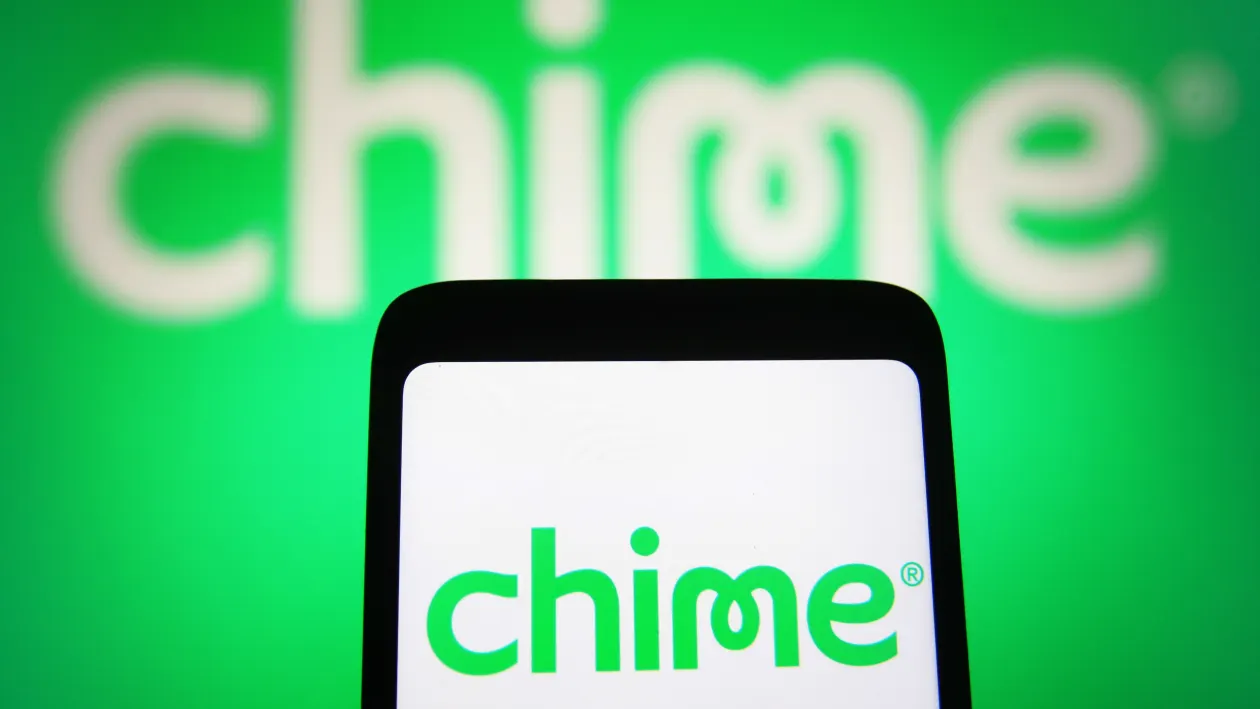Financial technology company Chime on Tuesday filed paperwork to go public on the Nasdaq. The company intends to file under the ticker symbol “CHYM.”
“Chime is a technology company, not a bank,” the company said in its prospectus noting it is not a member of the U.S. Federal Deposit Insurance Corporation. Still, the company cited Bank of America, Capital One, Citibank, JPMorgan Chase, PNC Bank and Wells Fargo as competitors.
Most of Chime’s new members who arrange for direct deposit previously did direct deposit elsewhere, “most commonly with large incumbent banks,” the company said.
According to the filing, Chime picks up revenue from interchange fees associated with purchases that members make with Chime debit cards and credit cards. Banks collect interchange fees, which are generally a percentage of the transaction value, plus a set amount for each transaction depending on the rates determined by card networks such as Visa. The banks then pass money on to Chime.
In the March quarter, Chime generated $12.9 million in net income on $518.7 million in revenue. Revenue grew 32%, while profit narrowed from $15.9 million.
At the end of March, Chime had 8.6 million active members, up about 23% year over year. Average revenue per active member, at $251, was up from $231. It has members in all 50 states — it doesn’t operate outside the U.S. — and 55% of them are female. The average member age is 36, according to Chime.
Around two-thirds of members look to Chime for their “primary financial relationship,” Chime said. The term refers to those who made at least 15 purchases using its card or received a qualifying direct deposit of at least $200 in the past calendar month. Members can use more than 45,000 ATMs without paying fees, which Chime says is a larger network than the top U.S. banks combined.
Chime offers a slew of other services in addition to its cards, including high-yield savings accounts, free tax filing and the ability to access as much as $500 of earned pay before payday free of charge in 24 hours or instantly for $2.
Eligible members with direct deposit can borrow up to $500 with a fixed interest rate of $5 for every $100 borrowed. The company does not charge late fees or compound interest. Chime’s SpotMe lets eligible members overdraft up to $200 without fees, and SpotMe Boosts allow eligible members to temporarily push up overdraft limits of other members by up to $20 each month, free of charge. “Since we launched SpotMe in 2019, overdraft fee revenue industry-wide has decreased,” Chime said.





